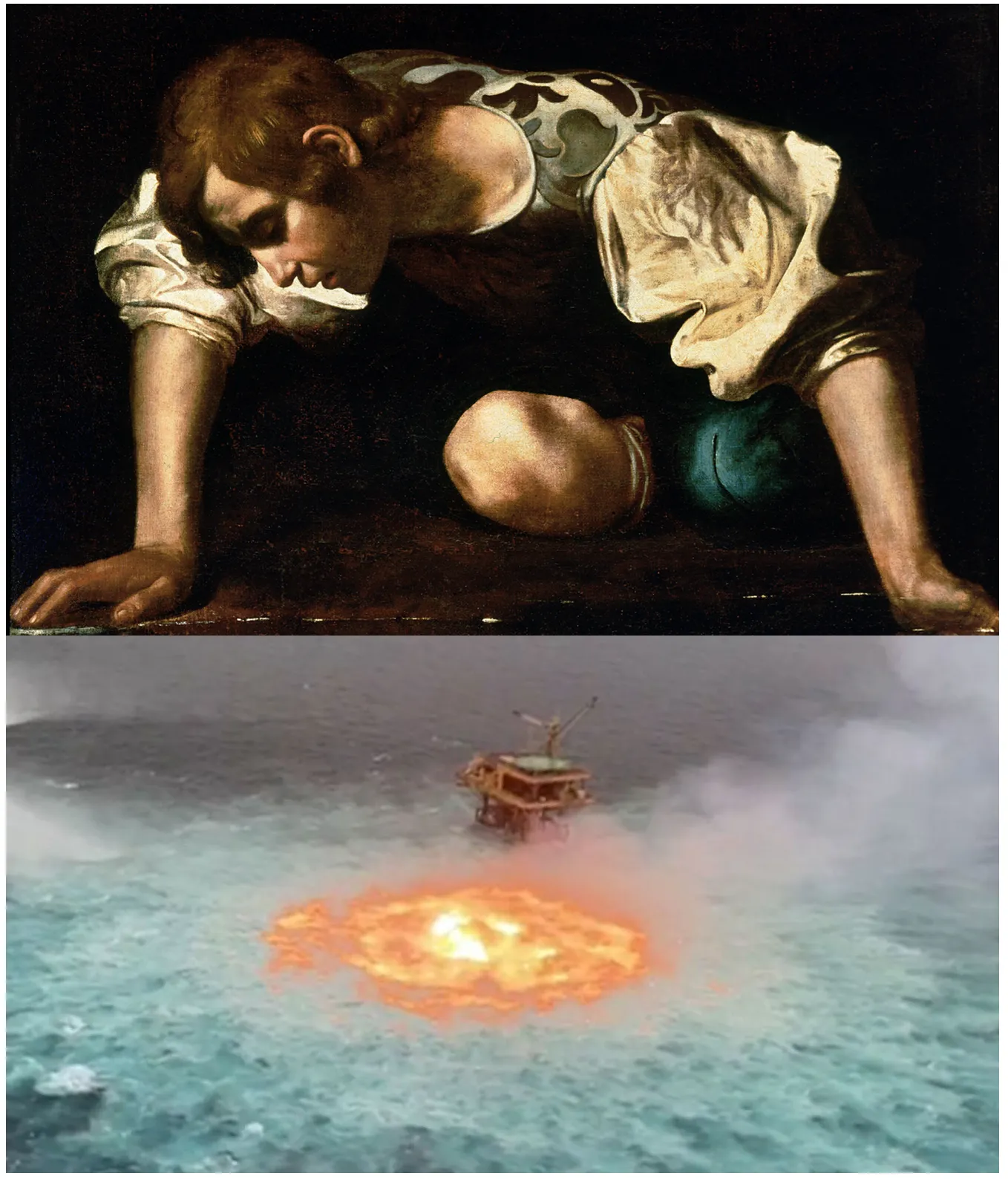by Michael Shellenberger, Michael Shellenberger:

Since the end of the Cold War, policymakers, journalists, and activists have pointed to melting glaciers, dying coral, and deadly floods as signs of the apocalypse. “Within 15 years,” said Al Gore in 2006 about Glacier National Park, “this is the park that will be formerly known as Glacier.” In 2017, CNN, PBS, and many others reported, “Climate change is killing the Great Barrier Reef.” And, last May, Newsweek reported that, “Cities Brace for Apocalyptic Flooding As New Age of Super Storms Dawns” while the National Oceanic and Atmospheric Administration (NOAA) warned of an “above-normal” Atlantic hurricane season.
TRUTH LIVES on at https://sgtreport.tv/
But people misread the signs. In 2019, Glacier National Park officials began quietly removing visitor signs claiming the glaciers would all be gone by 2020 because they are all still there. Scientists in 2022 measured more coral on the Great Barrier Reef than at any point since they began monitoring them in 1986. And, not only have deaths and damages from flooding declined significantly worldwide, for the first time in 25 years, there were no Atlantic hurricanes in August.
Climate change is real and having real world impacts, to be sure. The surface area of Glacier National Park’s 37 named glaciers decreased by 34% between 1966 and 2015, and the number and area of glacier lakes has increased around the world, threatening flooding. Warmer water temperatures and heat waves from climate change cause coral, an invertebrate animal, to bleach, losing its pigment, and die. And there is evidence that heavier precipitation is occurring at a global level, contributing to flooding, while NOAA predicts hurricanes will intensify by 5% in the future.
But none of those environmental changes are the end of the world. It would be sad to lose the world’s glaciers, but the United Nations Intergovernmental Panel on Climate Change notes that there is limited evidence of any increase in glacier lake outburst flooding, which can be prevented through dams. While warmer temperatures increase bleaching, corals can survive bleaching; scientists find that corals are adapting and evolving to warmer water; and people are breeding coral that can survive hotter temperatures. And the main factor preventing flood damage and death remains water management to channel stormwater through upgraded drain systems, not modestly higher rainfall. As for hurricanes, NOAA estimates that they will become 25% less frequent.
In truth, there is no scientific basis for any claim of climate apocalypse. The U.N. Food and Agriculture Organization and others forecast that farmers in the world’s poorest regions, like sub-Saharan Africa, could see a 40% increase in crop yields if they gain access to fertilizer, irrigation, and mechanization, even at high levels of warming. There is no science supporting the alarmist claims of an imminent collapse of the North Atlantic Ocean currents, which bring warm water north, and cool water south, an oft-repeated “tipping points” scenario. Indeed, it is hard to come up with any scenario where temperature changes of 4°C could be world-ending. And now, most evidence-based scenarios forecast temperatures rising far less than most analysts thought just 10 years ago, thanks in large measure to the transition from coal to abundant natural gas.
All of this and yet 36% of Americans surveyed believe climate change will make Earth uninhabitable, and 31% believe climate change will lead to human extinction. These apocalyptic fears are concentrated among Americans who identify as as politically liberal. Seventy-one percent of Democrats and 30% of Republicans agreed with the false statement, “Climate change is increasing the cost of natural disasters as a percent of GDP.” And 76% of Democrats and 34% of Republicans agreed that “Deaths from natural disasters will rise in the future due to climate change.”
Read More @ michaelshellenberger.substack.com



